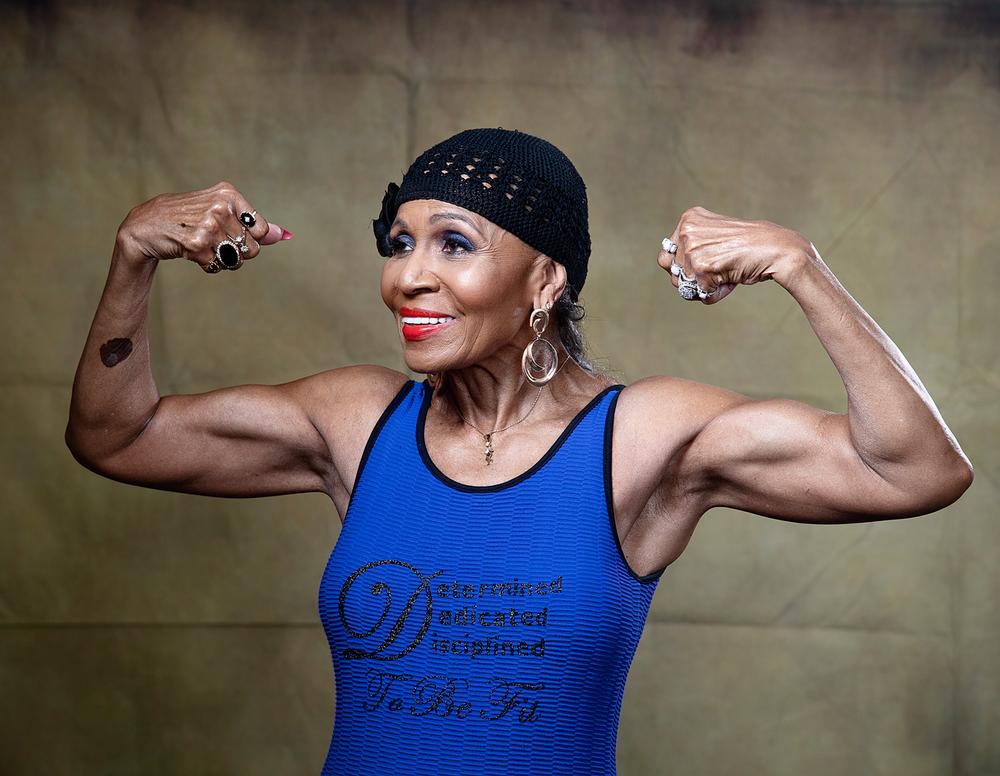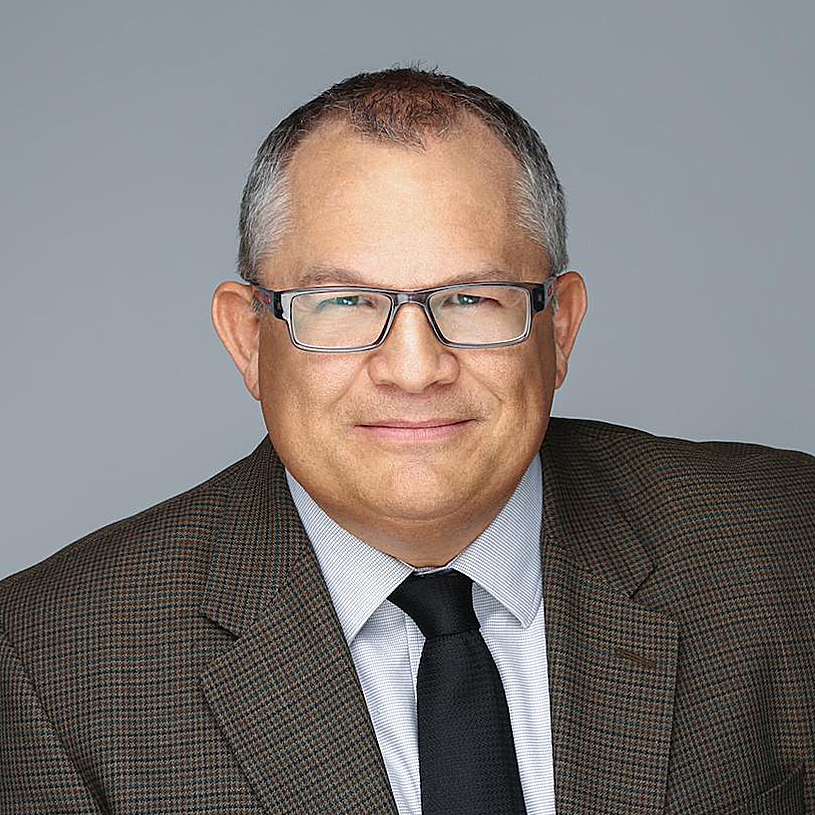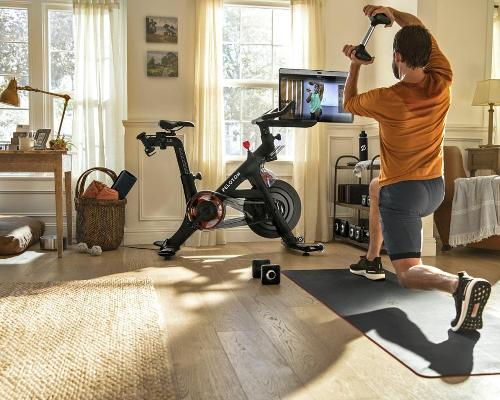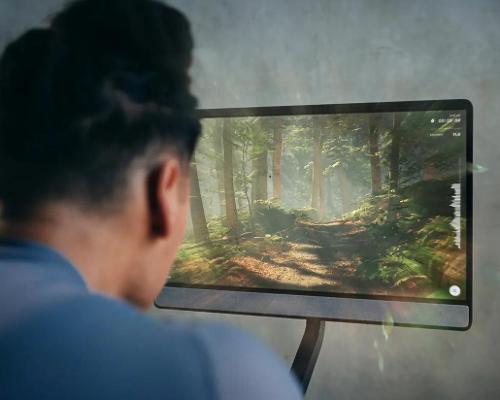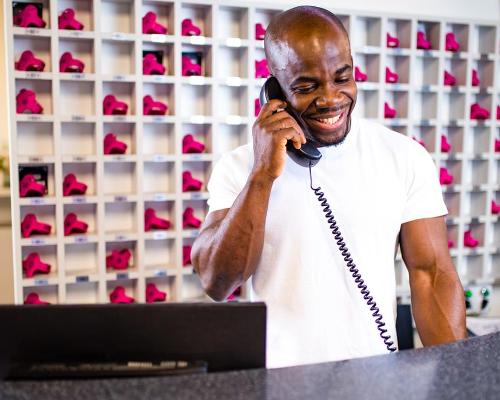Is the pandemic increasing issues around ageism? If so, what can be done to prevent this?
Yes – what we see is all older adults being viewed as being most at risk. Why? Because of their age!
Ageism has been shown to reduce the ability of older people to gain employment, get medical treatment, or find products that meet their needs. This ambivalence towards this demographic comes with a price – lower quality of life. COVID-19 has taken this to new heights.
Headlines highlight the issue. In April the Guardian brought this home with an article entitled ‘Favouring young over old in COVID-19 treatment is justifiable, says ethicist.’
Not long after this article, the American Geriatric Society came out with a position statement that highlighted ‘Age should never be used as a means for categorically excluding someone from what is ordinarily the standard of care, nor should age ‘cut-offs’ be used in allocation strategies.’
This is just one example of how ageism is rearing its ugly head during the pandemic.
There’s a danger over 70s will be encouraged to stay at home, impacting on their fitness and mental health. How can the activity sector enable older people to exercise safely?
The simple answer is, understand the facts and not the fear and guard against putting all older people into the category of ‘vulnerable’.
The facts: most older adults impacted by COVID-19 live in care communities and some have a compromised immune system. These individuals are not typical members of gyms. They are only five per cent of this cohort and when you remove them from the equation, the death rate from COVID-19 is the same for all age groups over 44.
The facts: As we age, our immune system diminishes. However, our lifestyle has a significant impact on this. If you’re young but also inactive, you smoke, drink alcohol, have poor sleeping habits, are stressed, eat a poor diet, have health issues, don’t exercise, and use drugs, your immune system will be more compromised than someone older and healthy.
How should the fitness industry respond?
The fitness and leisure industries should learn from the above. They should seek out ways to become advocates for the health and wellbeing of older adults.
Where people are genuinely vulnerable, we must ask what can be done by operators of gyms and fitness centres to enable them to exercise at home and still have social contact.
We’ve seen a massive uptick in online classes that range from exercise to cooking. This is an incredible opportunity to provide your services and more to those who are at risk. Hire specialists to offer fitness classes online to serve the interests of those in need.
As social isolation is such a key factor, you may seek to do this for small groups of the truly vulnerable to build their health and social network.
What other advice do you have for the fitness industry at this time?
Focus on capabilities, health, attitude, positive social connections and families, not age.
Older adults, who possess over 70 per cent of the disposable income in the UK, are starting to reach back into their wallets to find ways to reconnect and get fit again after being addicted to TV, food, alcohol, sweets and inactivity, during the lockdown.
Their strength, cardio capacity, balance, power, muscle mass and mental and emotional health has – as for many of the rest of us – been impacted. They want to regain control over their lives.
You as a facility owner or staff member can play a key role in this. As you can also play a key role in helping them maintain, build, or re-build their immune system, so do not take your responsibility lightly.
Do you have evidence of age-related issues arising in relation to wellbeing in the over 70s?
Most of the age-related issues we talk about are really lifestyle issues.
When someone is unable to achieve a physically active, engaged lifestyle filled with social connections this comes with a cost. An example of this can be found in a research paper published in The Lancet on 19 March 2020, entitled COVID-19 and the consequences of isolating the elderly (read more: http://lei.sr/x7d2T), which said: “Self-isolation will disproportionately affect elderly individuals whose only social contact is out of the home... [They] could be placed at additional risk, along with those who are already lonely, isolated, or secluded.”
My fear is for the mental health of people moving forward. The fitness industry can play a vital role in creating a better future for older people.








